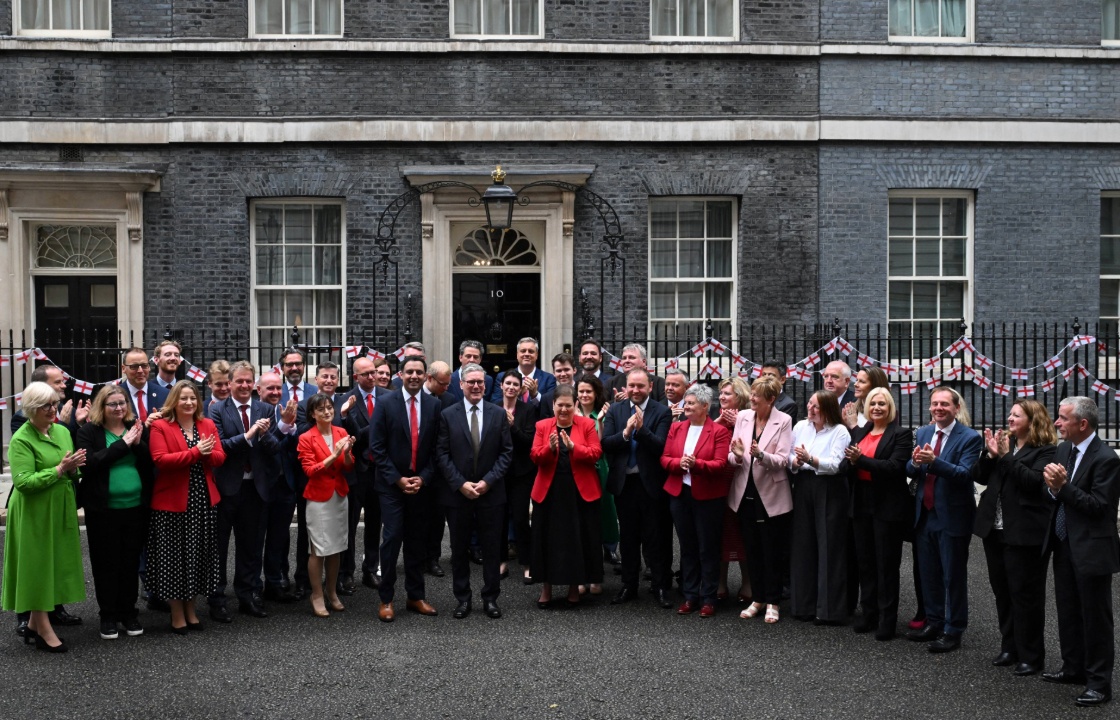Scotland’s 57 MPs are set to be sworn in at Westminster on Tuesday as Parliament resumes following the General Election.
As Labour return to power for the first time in 14 years with Sir Keir Starmer taking up the helm as Prime Minister, a large number of newly elected Scottish MPs will have their first experience of the Commons.
Friday’s election results saw Labour’s seats in Scotland go from two to 37, as the SNP’s seats plummeted to nine.
While the Commons will see some familiar faces on Tuesday, including newly appointed secretary of state for Scotland Ian Murray and Rutherglen by-election winner Michael Shanks, the majority of Labour’s MPs from Scotland are fresh faces who will be paired up with a member of the parliamentary staff in a “buddy system”.
Day one will see them be given lockers and security passes, with offices to follow.
Sir Lindsay Hoyle is expected to be re-elected to become the Speaker, the position he has held since November 2019.
The Chorley MP stood at the General Election as the “Speaker seeking re-election”, with Labour and the Conservatives among the parties not putting up a challenger.
Sir Lindsay will be asked to signal he wants to be chosen again as Speaker and Father of the House, Sir Edward Leigh, will call an MP to move a motion to propose this.
If MPs approve the motion, Sir Lindsay will take the chair as Speaker-elect and at a later stage his appointment will be confirmed by the royal commissioners on behalf of the King.
If MPs disagree with Sir Lindsay’s re-election as Speaker then other MPs would put themselves forward for the role and a secret ballot would take place on Wednesday July 10.
Once approved, the Speaker would likely make a speech and congratulatory remarks follow from senior MPs, including the party leaders ahead of MPs being sworn in.
MPs are required by law to make an oath or affirmation of allegiance to the Crown and are not allowed to speak in debates, vote or receive their salary until they do so.
During the swearing-in process MPs will be called forward and they’ll announce their name and constituency, choose whether to swear-in using a religious text or take a non-religious affirmation.
They then usually have a short chat with the occupant of the Speaker’s chair.
There will usually be queues at the start of each day and the sitting could be suspended at different times if things are quiet.
Some MPs make clear they do not support the monarchy while swearing-in. In the past, MPs have been seen crossing their fingers while pledging allegiance or making clear they are only doing it because they have to in order to serve their constituents.
Follow STV News on WhatsApp
Scan the QR code on your mobile device for all the latest news from around the country


 Getty Images
Getty Images

























